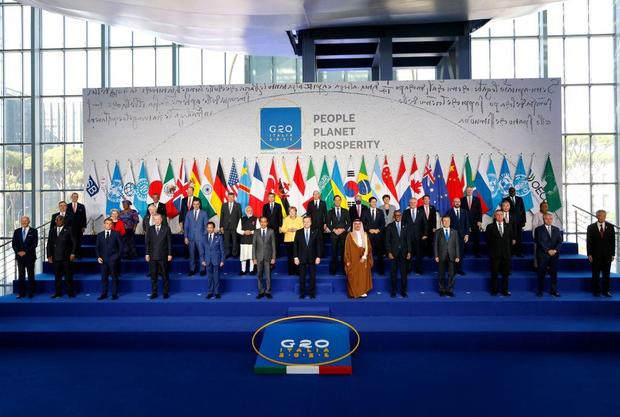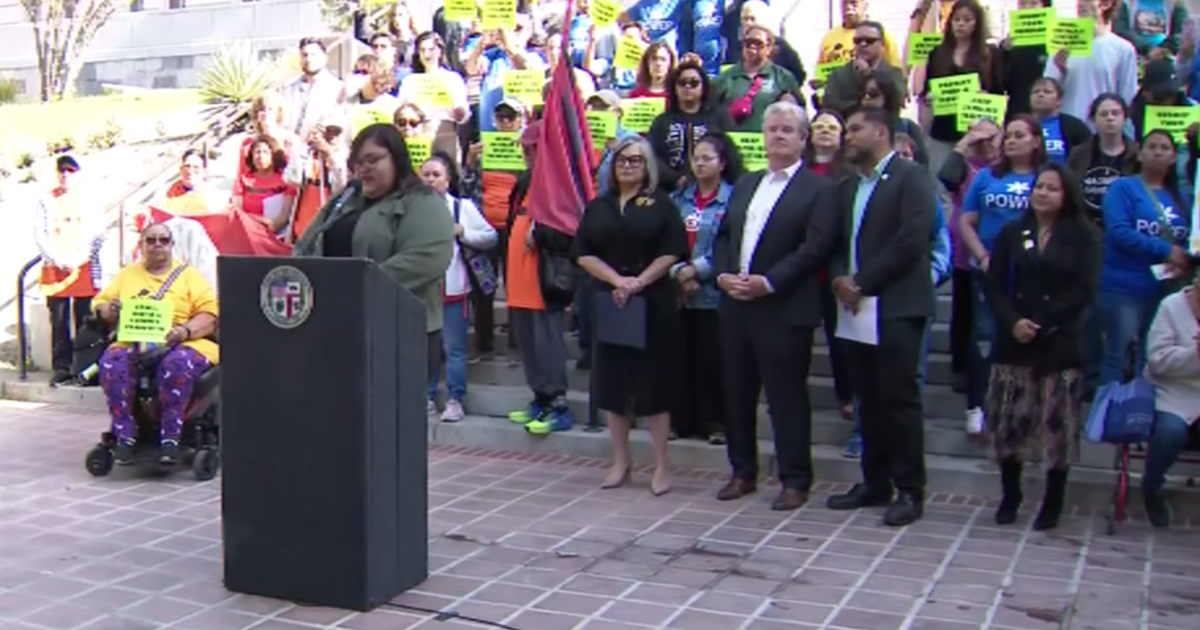G20 leaders endorse global corporate minimum tax at Rome summit
Leaders of the world's biggest economies on Saturday endorsed a global minimum tax on corporations as part of an agreement on new international tax rules, a step toward building more fairness amid skyrocketing revenues of some multinational businesses.
The move by the Group of 20 summit in Rome was hailed by U.S. Treasury Secretary Janet L. Yellen as benefiting American businesses and workers.
G-20 finance ministers in July had already agreed on a 15% minimum tax. Its formal endorsement at the summit Saturday in Rome of the world's economic powerhouses was widely expected.
Yellen predicted in a statement that the deal on new international tax rules, with a minimum global tax, "will end the damaging race to the bottom on corporate taxation."
The deal did fall short of U.S. President Joe Biden's original call for a 21% minimum tax. Still, Mr. Biden tweeted his satisfaction.
"Here at the G20, leaders representing 80% of the world's GDP — allies and competitors alike — made clear their support for a strong global minimum tax," the president said in the tweet. "This is more than just a tax deal - it's diplomacy reshaping our global economy and delivering for our people."
On other issues crucial to fairness across the globe — including access to COVID-19 vaccines — the summit on the first of its two days — heard pleas to boost the percentage of those in poor countries being vaccinated.
Italian Premier Mario Draghi made a sharp call to pick up the pace in getting vaccines to poor countries as he opened a conference of the world's powerhouse economies. Draghi, the summit host, said Saturday that only 3% of people in the world's poorest countries are vaccinated, while 70% in rich countries have had at least one shot.
"These differences are morally unacceptable and undermine the global recovery," said Draghi, an economist and former chief of the European Central Bank.
World leaders at the summit were also expected to focus on curbing Iran's nuclear ambitions, tackling climate change, and fixing supply-chain issues driving up prices.
The two-day summit is the first in-person meeting of G20 leaders since the pandemic began. Mr. Biden's years of foreign policy experience will be tested on the visit.




